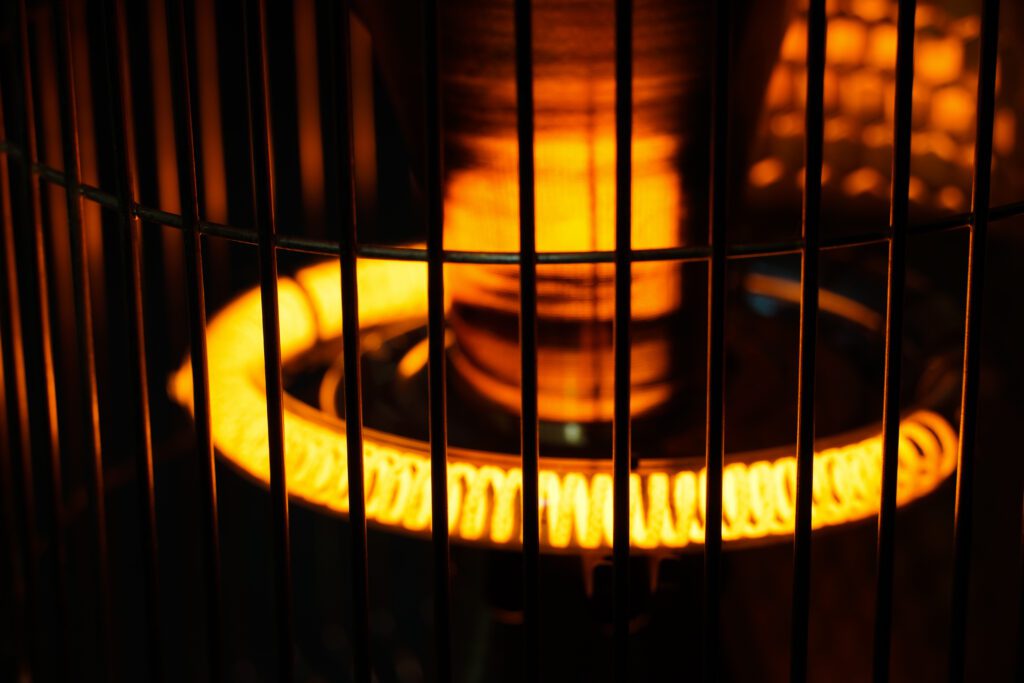As winter approaches, ensuring that your commercial space remains warm and comfortable becomes a priority. A well-regulated heating system is not just about comfort; it also affects productivity, employee morale, and can even impact your bottom line. This article explores various tips and strategies to keep your business warm throughout the colder months.
Understanding the Importance of Commercial Heating
The Role of Heating in Business Operations
Heating plays a crucial role in maintaining a conducive work environment. A properly heated space ensures that both employees and customers remain comfortable, which can significantly influence their behavior and productivity. For businesses that rely on physical storefronts or offices, an effective heating system helps create a welcoming atmosphere, encouraging customers to stay longer and engage more.
Furthermore, heating is essential for protecting sensitive equipment and inventory. Different types of businesses require specific temperature settings to comply with regulations or safeguard varying materials and products. For instance, a food-related business needs to maintain certain temperatures to ensure hygiene and safety. Similarly, in industries such as pharmaceuticals, precise temperature control is vital to preserve the efficacy of medications and prevent spoilage. This underscores the necessity of investing in a reliable heating system tailored to the unique needs of your business.
How Proper Heating Affects Employee Productivity
Research has shown that comfortable temperatures promote higher productivity among employees. When employees are too cold, they can become distracted and may struggle to concentrate on their tasks. Conversely, an overly heated environment can lead to fatigue and irritability. Studies indicate that maintaining a temperature range between 68°F and 72°F can optimize cognitive function and enhance overall workplace morale.
To optimize employee comfort, it’s important to maintain a consistent temperature across different areas of your business. Implementing programmable thermostats can aid in achieving this, allowing you to set different heating levels according to the time of day or occupancy levels. Additionally, incorporating zoned heating systems can provide more control over temperature variations in larger spaces, ensuring that every employee feels comfortable in their specific area. This attention to detail not only fosters a more pleasant working environment but also demonstrates a commitment to employee well-being, which can enhance job satisfaction and reduce turnover rates.
Evaluating Your Current Heating System
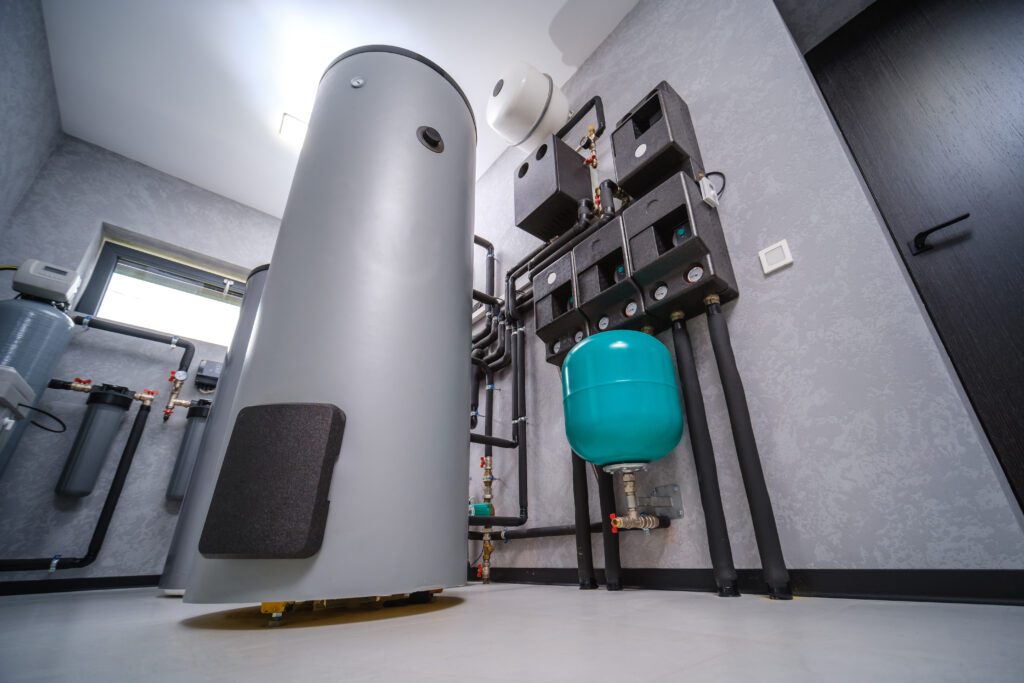
Identifying Common Heating Issues
To ensure your heating system operates efficiently, start by evaluating its current condition. Common problems include fluctuating temperatures, strange noises, and uneven heating across spaces. Checking for air leaks around windows and doors can also provide insight into why certain areas may feel colder than others. In addition to these issues, pay attention to the age of your heating system. Older systems may struggle to maintain consistent temperatures and can become less reliable as components wear out over time.
If you notice any unusual symptoms, it is advisable to have your heating system inspected by a professional technician. They can help identify underlying issues that may lead to more extensive and expensive repairs if left unaddressed. Regular maintenance checks can also help catch minor problems before they escalate, ensuring that your system runs smoothly throughout the colder months. Furthermore, consider the quality of your air filters; clogged or dirty filters can significantly reduce efficiency and air quality, leading to additional strain on your heating system.
When to Consider a Heating System Upgrade
There are several indicators that it may be time to upgrade your heating system. If your current system requires frequent repairs, has exceeded its projected lifespan, or fails to adequately heat your space, you should consider an upgrade. Additionally, if your heating expenses have dramatically increased without a corresponding rise in usage, this can signal the need for a more efficient system. The age of your heating system is also a crucial factor; most systems are designed to last between 15 to 20 years, and operating beyond this range can lead to inefficiencies and increased energy costs.
A new heating system can not only address existing problems but also provide better energy efficiency, which translates to cost savings in the long run. Modern heating systems come equipped with advanced features designed to minimize energy consumption while maximizing comfort. For instance, many newer models utilize smart technology, allowing homeowners to control their heating remotely and set schedules that align with their daily routines. This not only enhances convenience but also ensures that energy is used only when necessary, further reducing utility bills. Additionally, consider the environmental benefits of upgrading to a more efficient system, as newer technologies often produce lower emissions, contributing to a healthier planet.
Choosing the Right Commercial Heating System
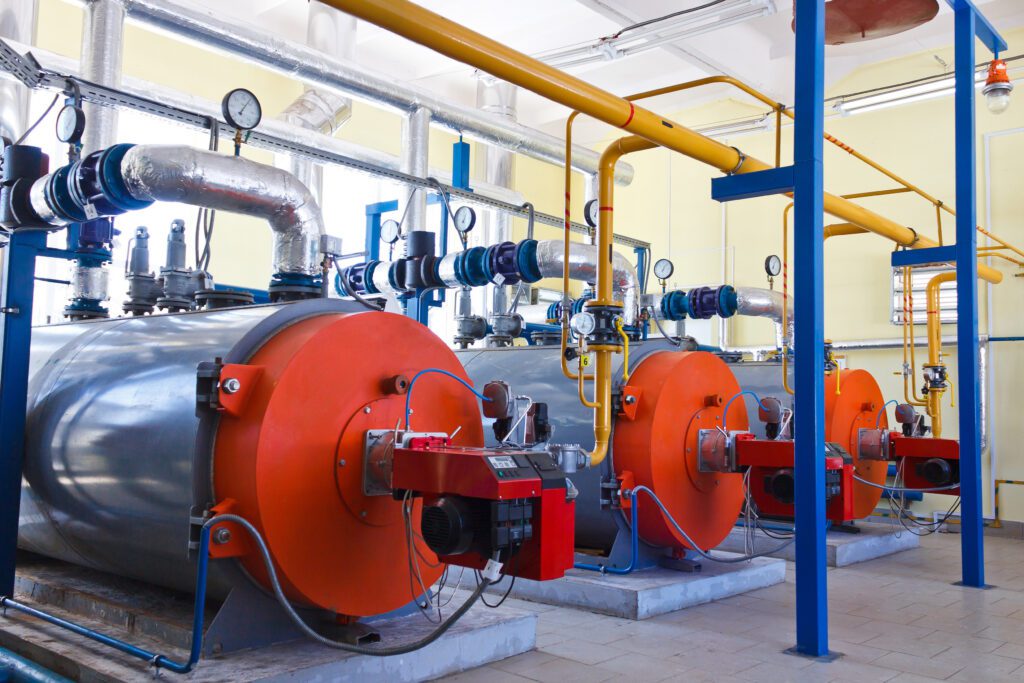
Factors to Consider in Selecting a Heating System
When selecting a new heating system, consider several factors. The size and layout of your commercial space is critical; heating systems are not one-size-fits-all. Evaluate the overall heating requirements based on square footage, insulation quality, and usage patterns within the space. For instance, an open-plan office may require a different approach compared to a multi-room retail environment, where heat distribution can vary significantly. Additionally, understanding the local climate can help determine the most efficient system, as regions with harsh winters may benefit from more robust heating solutions.
Budget is also a major consideration. Look at both initial installation costs and long-term operational expenses. While it may be tempting to opt for the cheapest option, it’s often wise to invest in a quality system that will prove more economical over time due to lower energy costs and reduced maintenance needs. Furthermore, consider potential tax incentives or rebates for energy-efficient systems, which can help offset initial costs. It’s also beneficial to factor in the lifespan of the system, as investing in a more durable option can lead to significant savings in the long run.
Different Types of Commercial Heating Systems
There are various types of heating systems available for commercial buildings, each with its benefits and drawbacks. Some common options include:
- Furnaces: These systems heat air and distribute it throughout the building via ducts. They tend to be efficient at warming large areas but can experience issues with uneven temperatures. Additionally, regular maintenance is required to ensure optimal performance and to prevent issues such as dust accumulation in the ducts.
- Boilers: Utilizing water to transfer heat, boilers can provide both radiant and warm air heating. They are known for their reliability but typically require more maintenance. It’s essential to monitor water levels and pressure, as well as to flush the system periodically to prevent sediment buildup that can affect efficiency.
- Heat Pumps: These systems can heat and cool your space by transferring heat instead of generating it. They can be very efficient but may need backup heating during extreme cold. It’s important to choose a heat pump that is appropriately sized for your building to maximize efficiency and comfort.
- Radiant Floor Heating: This method heats the floors directly, providing even warmth without the drafts often associated with forced air heating. Radiant heating systems can be particularly beneficial in spaces with high ceilings or large windows, as they help maintain a comfortable temperature without excessive energy use.
In addition to these common types, there are also hybrid systems that combine various technologies to optimize energy efficiency and comfort. For example, a system that integrates a heat pump with a traditional furnace can provide flexibility in heating methods, allowing for adjustments based on seasonal demands. Moreover, advancements in smart technology have enabled the development of programmable thermostats and zoning systems that allow businesses to control temperatures in different areas of a building independently, further enhancing energy savings and comfort levels.
Energy-Efficient Heating Solutions for Your Business
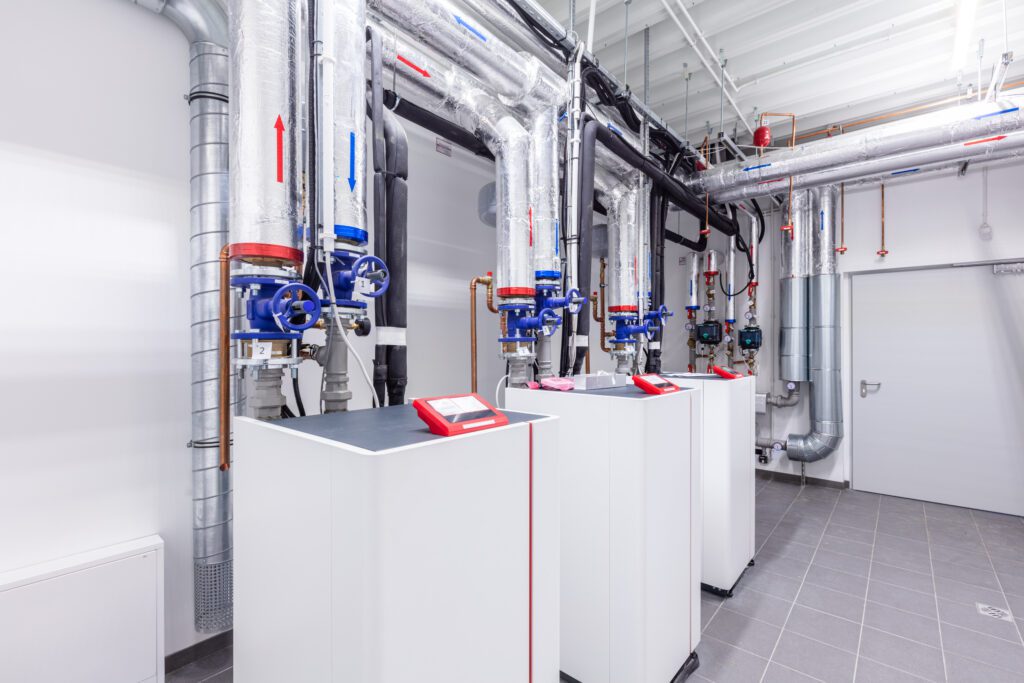
Benefits of Energy-Efficient Heating Systems
Energy-efficient heating systems can provide significant cost savings on utility bills. By reducing energy consumption, these systems decrease your overall operational costs and minimize your business’s environmental footprint. Many energy-efficient units qualify for government rebates or incentives, helping reduce their initial cost and further benefiting your bottom line.
Additionally, energy-efficient systems often provide more consistent heating. These systems tend to operate more quietly and with fewer fluctuations in temperature, contributing to an overall improved workplace atmosphere. The enhanced comfort can lead to increased productivity among employees, as a stable and pleasant environment is conducive to focus and efficiency. Furthermore, many modern energy-efficient systems come equipped with smart technology, allowing for remote monitoring and control, which can lead to even greater savings and convenience.
Implementing Energy-Saving Heating Practices
To enhance the energy efficiency of your heating system, consider implementing the following practices:
- Regularly change or clean your air filters to ensure optimal airflow and efficiency.
- Seal any drafts around windows and doors to prevent heat loss.
- Utilize programmable thermostats to adjust heating based on occupancy levels.
- Schedule annual inspections and maintenance for your heating system.
In addition to these practices, consider investing in insulation upgrades for your building. Proper insulation helps maintain the desired temperature by reducing the amount of heat that escapes during colder months. This not only enhances the effectiveness of your heating system but also contributes to a more energy-efficient overall operation. Moreover, educating your staff about energy-saving practices can foster a culture of sustainability within your organization. Simple actions, such as closing doors promptly and utilizing natural light when possible, can collectively make a significant difference in your energy consumption.
Regular Maintenance and Servicing of Your Heating System
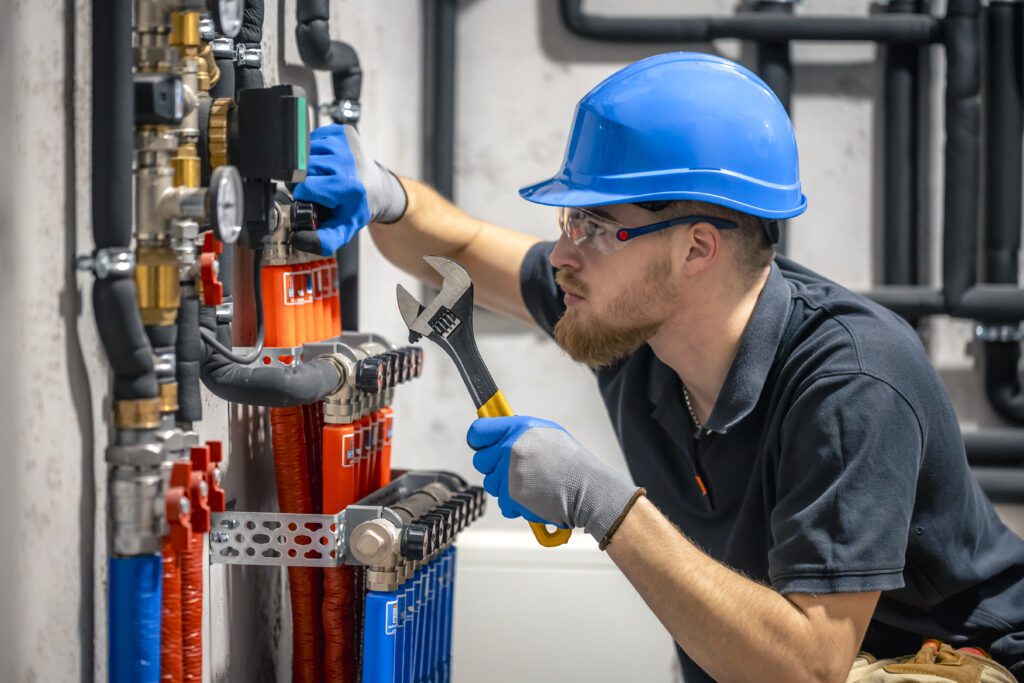
Importance of Regular Heating System Maintenance
Regular maintenance is essential to keep your heating system running effectively. A well-maintained system is less likely to malfunction, leading to unexpected breakdowns during the coldest days of winter. It also promotes safety by reducing the risk of carbon monoxide leaks and other hazards associated with poorly maintained heating systems.
Moreover, routine maintenance can extend the lifespan of your equipment. By addressing minor issues before they escalate, you can avoid costly repairs and replacements, further enhancing your long-term savings. Additionally, a properly maintained heating system operates more efficiently, which can lead to lower energy bills. This efficiency not only benefits your wallet but also contributes to a reduced carbon footprint, making your business more environmentally friendly.
Tips for Scheduling Heating System Servicing
To ensure your heating system receives the care it needs, establish a maintenance schedule. Here are some tips:
- Book a professional inspection at least once a year, preferably in the fall before heating season begins.
- Keep records of all maintenance and repairs to track the health of your system.
- Consider joining a maintenance plan offered by HVAC professionals for regular check-ups and discounted services.
By staying proactive with your commercial heating system, you can ensure a warm and inviting environment throughout winter, helping to boost both employee productivity and customer satisfaction. Furthermore, regular servicing can help identify opportunities for upgrades or enhancements, such as installing programmable thermostats or more efficient heating units. These improvements not only increase comfort levels but can also significantly reduce energy consumption, leading to further cost savings over time.
It’s also beneficial to educate your staff about the importance of heating system maintenance. Encourage them to report any unusual noises or fluctuations in temperature, as these can be early warning signs of potential issues. By fostering a culture of awareness and responsibility regarding your heating system, you can create a more efficient and safe workplace, ensuring that everyone is comfortable and focused on their tasks during the chilly months ahead.x

